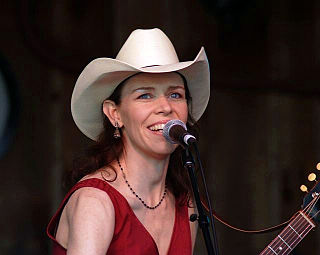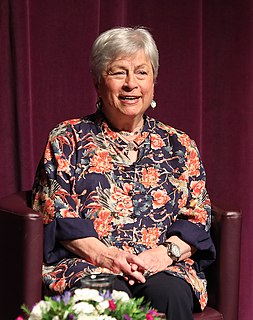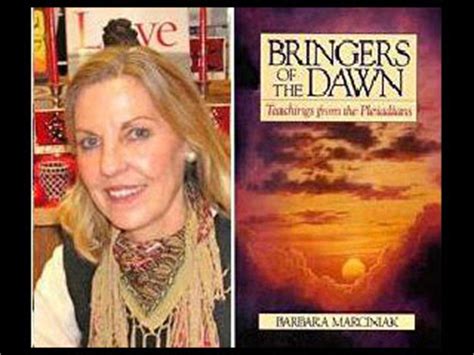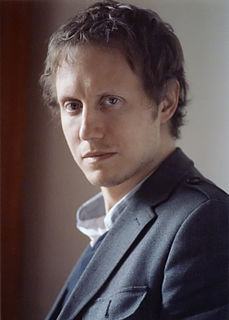A Quote by Klaus Nomi
It is a very personal thing to me, because this is my basic voice, this is where I come from, and it is one of the oldest voice styles in human history.
Related Quotes
People like to say that Plutarch's is a really "personal" voice, but in truth Plutarch tells us very little about his life. His voice is personable but never personal. It feels intimate because he's addressing the world as we experience it, at this level, a human level, rather than way up here where very few of us live.
But what I would like to say is that the spiritual life is a life in which you gradually learn to listen to a voice that says something else, that says, "You are the beloved and on you my favour rests."... I want you to hear that voice. It is not a very loud voice because it is an intimate voice. It comes from a very deep place. It is soft and gentle. I want you to gradually hear that voice. We both have to hear that voice and to claim for ourselves that that voice speaks the truth, our truth. It tells us who we are.
Ever since I was first read to, then started reading to myself, there has never been a line read that I didn't hear. As my eyes followed the sentence, a voice was saying it silently to me. It isn't my mother's voice, or the voice of any person I can identify, certainly not my own. It is human, but inward, and it is inwardly that I listen to it. It is to me the voice of the story or the poem itself.
This approach to voice is designed to liberate the natural voice and thereby develop a vocal technique that serves the freedom of human expression. The basic assumption of the work is that everyone possesses a voice capable of expressing, through a two- to four-octave natural pitch range, whatever gamut of emotion, complexity of mood, and subtlety of thought he or she experiences.
Sometimes all we need is only listening to an inner voice and remaining human in a very personal way. But even if it is a personal way, it's still a very valid way - maybe the most valid way. It doesn't have to be a collective experience or someone telling you what to do. The most sacred human experience can be a very personal one.
But I'm pretty lucky with my voice. When I first started touring I went to see a woman to give me some coaching on how not to lose my voice. And she was just saying really your voice is a muscle so if you're using it all the time you should actually come back from tour with a stronger voice than you left with. And that's really how I find it.

































